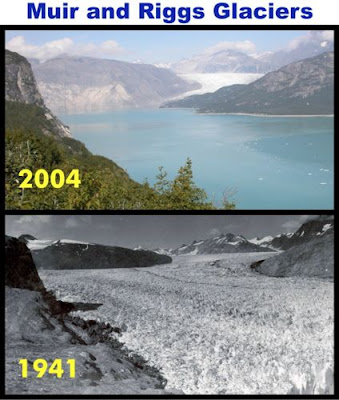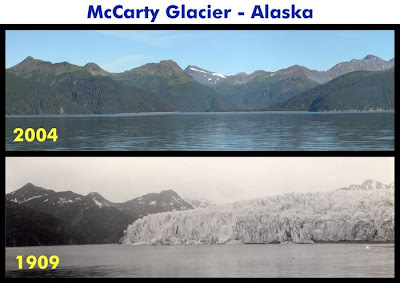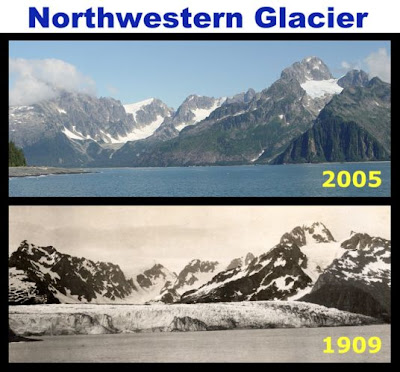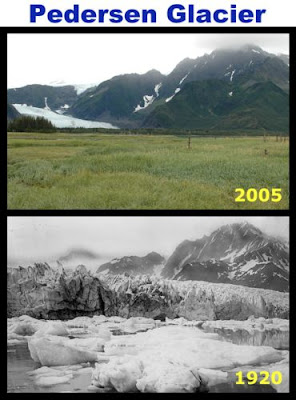



https://en.wikipedia.org/wiki/EnvironmentalismEnvironmentalism or environmental rights is a broad philosophy, ideology, and social movement regarding concerns for environmental protection and improvement of the health of the environment, particularly as the measure for this health seeks to incorporate the impact of changes to the environment on humans, animals, plants and non-living matter. While environmentalism focuses more on the environmental and nature-related aspects of green ideology and politics, ecology combines the ideology of social ecology and environmentalism. Ecology is more commonly used in continental European languages while ‘environmentalism’ is more commonly used in English but the words have slightly different connotations.[citation needed]
Environmentalism advocates the preservation, restoration and improvement of the natural environment and critical earth system elements or processes such as the climate, and may be referred to as a movement to control pollution or protect plant and animal diversity.[1] For this reason, concepts such as a land ethic, environmental ethics, biodiversity, ecology, and the biophilia hypothesis figure predominantly.
At its crux, environmentalism is an attempt to balance relations between humans and the various natural systems on which they depend in such a way that all the components are accorded a proper degree of sustainability. The exact measures and outcomes of this balance is controversial and there are many different ways for environmental concerns to be expressed in practice. Environmentalism and environmental concerns are often represented by the colour green,[2] but this association has been appropriated by the marketing industries for the tactic known as greenwashing.
Environmentalism is opposed by anti-environmentalism, which says that the Earth is less fragile than some environmentalists maintain, and portrays environmentalism as overreacting to the human contribution to climate change or opposing human advancement.[3]

Your position on environmentalists would at least be honest if you actually weren't a climate change denier. But you start from the position that anyone saying we have a problem is a liar, and must have an ulterior motive, like Marxism or carpetbagging, or is a useful idiot of said liars.StCapps wrote: Thu Jan 02, 2020 6:30 am Glaciers? Fuck Glaciers.
Glaciers are not an excuse for Marxism, which won't help the glaciers one bit. Greta thinks it will help, but she's a brainwashed little girl.
???Martin Hash wrote: Thu Jan 02, 2020 9:41 am Environmentalism as a movement covers broad areas of institutional oppression

From the link you provided.Montegriffo wrote: Thu Jan 02, 2020 12:20 pm???Martin Hash wrote: Thu Jan 02, 2020 9:41 am Environmentalism as a movement covers broad areas of institutional oppression
Why not post the full quote?Martin Hash wrote: Thu Jan 02, 2020 12:56 pmFrom the link you provided.Montegriffo wrote: Thu Jan 02, 2020 12:20 pm???Martin Hash wrote: Thu Jan 02, 2020 9:41 am Environmentalism as a movement covers broad areas of institutional oppression
Still got fuck all to do with Marxism.Environmentalism as a movement covers broad areas of institutional oppression, including for example: consumption of ecosystems and natural resources into waste, dumping waste into disadvantaged communities, air pollution, water pollution, weak infrastructure, exposure of organic life to toxins, mono-culture, anti-polythene drive (jhola movement) and various other focuses.

Gotta say the ubiquitous use of the term oppression is as nauseatingly fashionable as woke or privileged. There was no reason for it in that statement other than "us too" type signaling. There's plenty of other words that could have been used, from irresponsibility toexploitation that don't drag along a whole pile of baggage.Montegriffo wrote: Thu Jan 02, 2020 2:37 pmWhy not post the full quote?Still got fuck all to do with Marxism.Environmentalism as a movement covers broad areas of institutional oppression, including for example: consumption of ecosystems and natural resources into waste, dumping waste into disadvantaged communities, air pollution, water pollution, weak infrastructure, exposure of organic life to toxins, mono-culture, anti-polythene drive (jhola movement) and various other focuses.